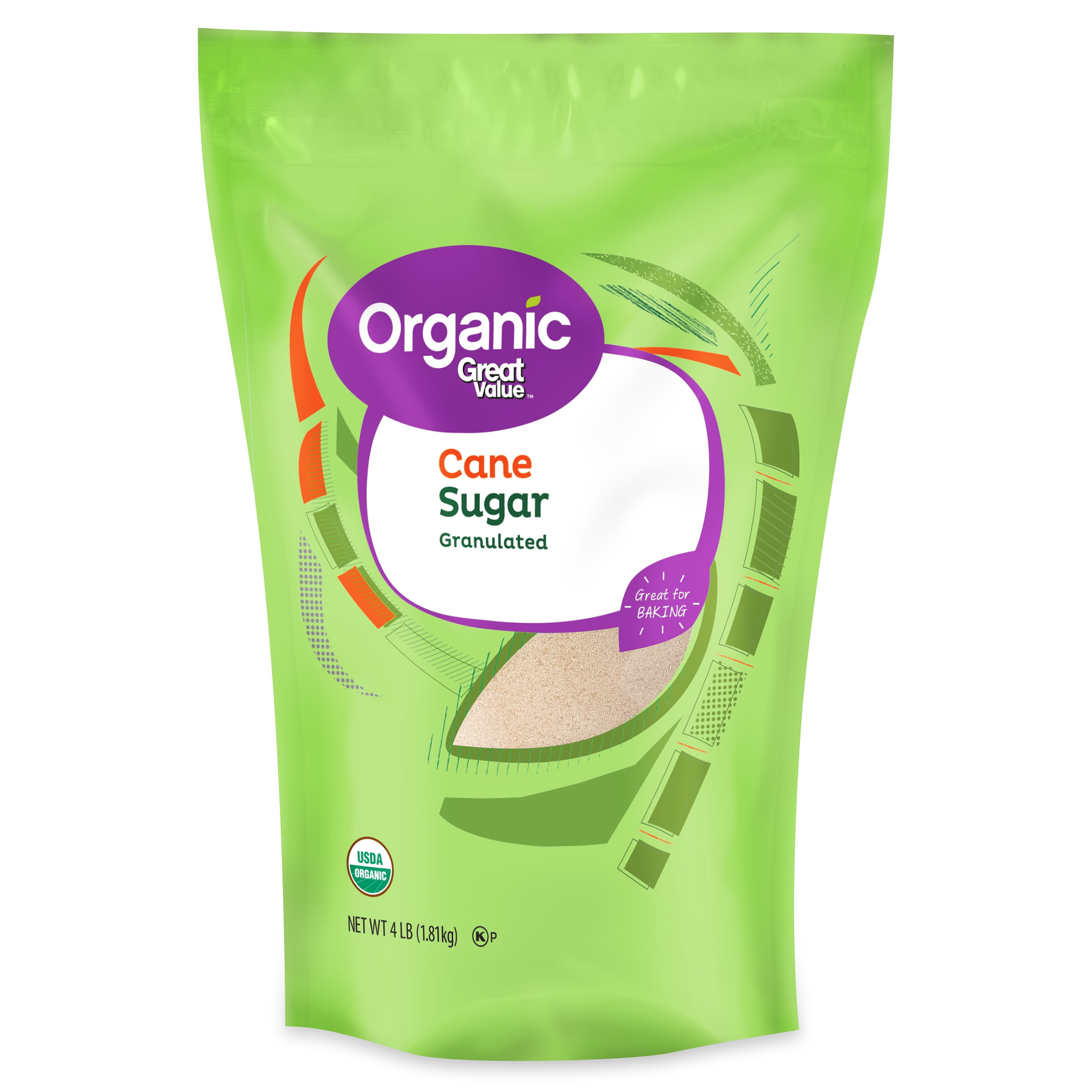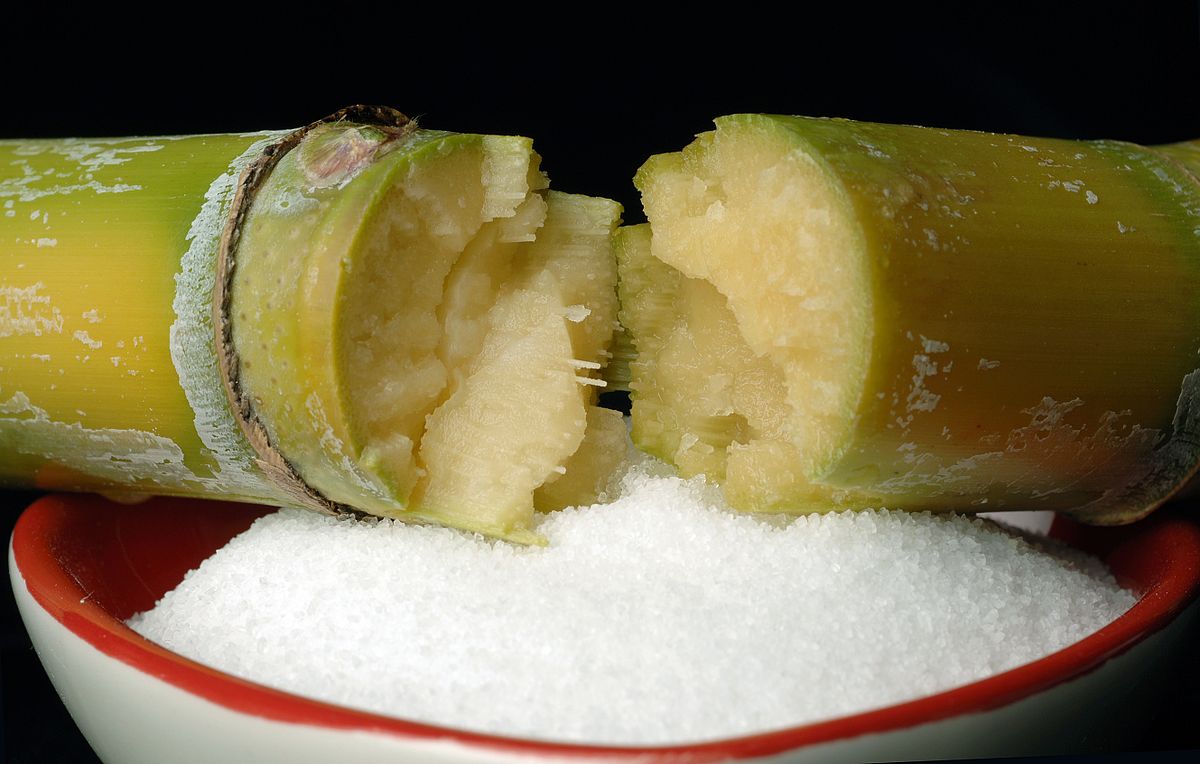Ingenious Solutions with Cane Sugar Processing Chemicals
Ingenious Solutions with Cane Sugar Processing Chemicals
Blog Article
Navigating Regulatory Conformity and Sustainability With Cutting-Edge Cane Sugar Handling Chemicals in the Chemical Export Market

Regulatory Landscape Review
In the realm of walking stick sugar processing chemicals within the chemical export sector, understanding the regulatory landscape is paramount for ensuring compliance and sustainable operations. Governing bodies such as the Environmental Protection Agency (EPA) and the Food and Drug Management (FDA) play a critical duty in managing the manufacturing, import, and export of these chemicals. Compliance with guidelines stated by these bodies is not just a lawful demand but also essential for maintaining public wellness and ecological security criteria.
Governing structures regulating cane sugar processing chemicals include a wide variety of facets, including labeling requirements, permissible levels of specific substances, and standards for risk-free handling and disposal. For chemical merchants, this implies adhering to strict documents procedures, quality control steps, and periodic audits to show adherence to these guidelines.

Lasting Cane Sugar Chemical Innovations

One noticeable location of advancement is the advancement of environmentally friendly chemicals that minimize water and power consumption during the sugar handling stages. By carrying out these lasting services, business can lower their carbon footprint while preserving high levels of performance. In addition, innovations in eco-friendly chemicals are getting grip, offering a much more eco pleasant alternative to conventional processing agents.
In addition, the assimilation of renewable resource sources in the production procedure is ending up being a lot more common, further enhancing the sustainability account of walking stick sugar processing. By embracing these lasting walking stick sugar chemical developments, companies can not just fulfill regulative requirements yet likewise demonstrate a dedication to environmental responsibility in the chemical export market.
Compliance Challenges in Exporting Chemicals
Browsing regulative structures presents significant obstacles for chemical exporters, requiring careful interest to compliance criteria and international regulations. Exporting chemicals involves adherence to a complicated web of laws that differ from country to country. One of the key compliance obstacles faced by chemical merchants is making certain that the products satisfy the particular governing requirements of the importing nation. This consists of obtaining the required permits, certifications, and paperwork to show the safety and validity of the chemicals being exported.
Additionally, chemical exporters need to remain abreast of frequently developing guidelines and standards associated with chemical transport, manufacturing, and handling. Failure to abide by these guidelines can cause extreme effects, consisting of fines, lawsuit, and reputational damage. Furthermore, navigating trade limitations, permissions, and export control legislations adds an additional layer of intricacy to the conformity landscape for chemical merchants.
To minimize these obstacles, chemical merchants should purchase robust conformity programs, perform routine audits, and engage with regulative authorities to guarantee a thorough understanding of the applicable regulations and regulations. By focusing on conformity and staying proactive in resolving governing obstacles, chemical exporters can navigate the intricacies of worldwide trade successfully.
Environmental Influence of Walking Cane Sugar Handling
The environmental implications of cane sugar handling are a critical facet needing thorough assessment in the chemical export industry. Walking cane sugar processing can have substantial environmental influences at various stages of manufacturing. One of the main concerns is the generation of big volumes of wastewater having raw material, put on hold solids, and chemicals used in the handling plants. This wastewater, if not appropriately dealt with, can pollute water bodies, damage marine life, and break down total water high quality. In addition, the burning of sugarcane fields before harvesting, a typical technique in some areas, releases damaging air pollutants and next page greenhouse gases into the atmosphere, adding to air top quality problems and climate change.
Furthermore, the substantial use chemicals and plant foods in sugarcane farming can lead to over here dirt degradation, water contamination, and injury to non-target microorganisms. It is crucial for chemical exporters associated with the walking stick sugar handling market to carry out sustainable practices, invest in innovative wastewater therapy innovations, advertise accountable agricultural techniques, and abide by stringent environmental guidelines to reduce the unfavorable environmental influence of their procedures.
Future Trends in Sustainability Practices
What cutting-edge techniques are chemical exporters in the walking cane sugar handling industry taking on to enhance sustainability techniques for the future? One popular pattern is the change in the direction of establishing and using green chemicals in the processing of walking cane sugar - Cane Sugar Processing Chemicals.
An additional key fad is the implementation of advanced innovations such as automation and information analytics to maximize resource use and reduce waste generation. By taking advantage of the power of information and automation, chemical exporters can simplify their operations, enhance power efficiency, and enhance general sustainability efficiency.
Additionally, cooperations and partnerships with sustainability-focused organizations and stakeholders are coming to be increasingly typical. By interacting, chemical merchants can exchange understanding, share ideal techniques, and collectively drive development towards even more lasting walking cane sugar handling practices. Embracing these fads will not only benefit the atmosphere yet additionally ensure long-lasting success and competition in the sector.
Conclusion
In final thought, the chemical export market need to browse complex regulatory landscapes and sustainability difficulties when processing look at this web-site walking stick sugar. Advancements in walking stick sugar handling chemicals are critical to meeting conformity standards and minimizing environmental effect. As the market continues to advance, it is very important for firms to take on lasting practices and stay ahead of future patterns to make certain lasting success.
In the realm of cane sugar handling chemicals within the chemical export sector, comprehending the regulative landscape is paramount for making sure compliance and sustainable procedures.Discovering ingenious approaches in the development of lasting walking cane sugar chemical options is important for advancing ecological stewardship in the chemical export sector. Business are increasingly spending in research and growth to develop innovative cane sugar handling chemicals that not only guarantee high efficiency in sugar manufacturing however also stick to strict sustainability standards.
In addition, chemical merchants must remain abreast of constantly evolving laws and requirements associated to chemical transport, handling, and production - Cane Sugar Processing Chemicals.The ecological implications of cane sugar processing are a crucial facet requiring thorough assessment in the chemical export sector
Report this page